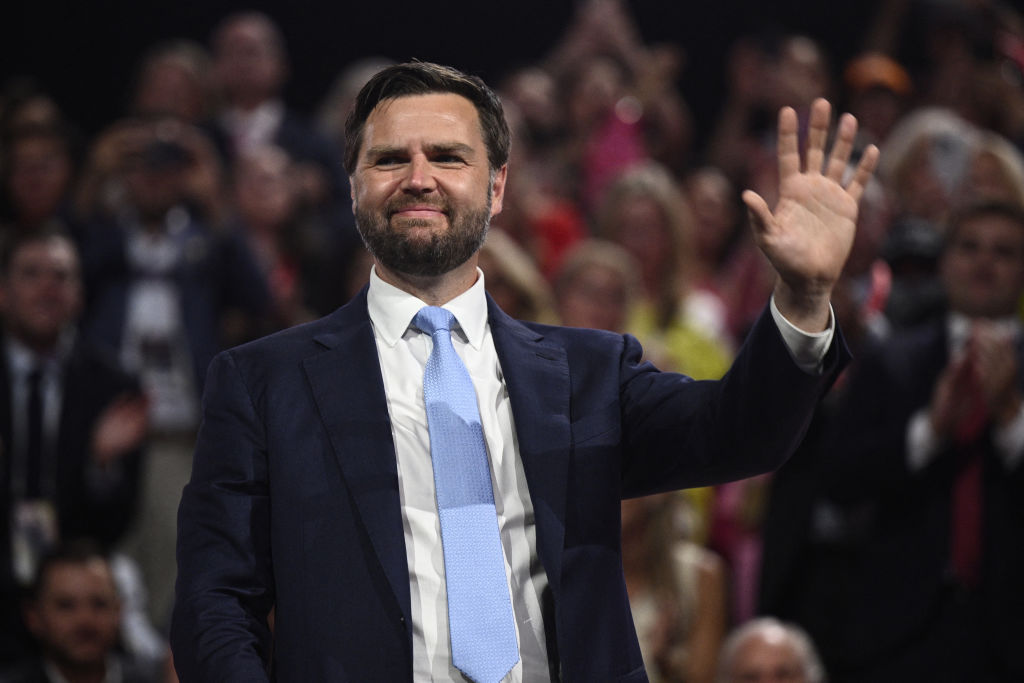Donald Trump put an end to speculation on Monday over who would be his pick for vice president, with the announcement that JD Vance is the man for the job. With Trump riding high in the polls, that appointment is quickly being studied in the States and Europe for what it could mean for a second Trump presidency, should the Republican candidate return to the White House. So, what does it mean for the UK – and, specifically, Keir Starmer’s government?
The decision offers some positives for Labour. He is one of the Republicans that the new Foreign Secretary has made inroads with while in opposition. As I reported earlier this year, David Lammy has spent time trying to forge connections with those tipped to be in Trump’s second-term team. He has met with Vance several times in the past few months, and also Elbridge Colby, a former Pentagon adviser and leading China hawk, Robert C. O’Brien, who has been mentioned as a possible US secretary of state, and Mike Pompeo, Trump’s last secretary of state.
There is an immediate upside for Lammy and Starmer, in the sense that this is a politician with whom lines of communication are already open. However, this may be where the good news stops. As Steerpike reports, Vance did not sound so enthusiastic a week ago about Labour’s victory. Speaking at a National Conservatism conference he said the UK could become ‘the first truly Islamist country that will get a nuclear weapon’ after Labour’s landslide election victory.
It’s not so unusual that politicians on different sides of the debate would disagree on policy matters and direction – look at Joe Biden’s criticism of trickle-down economics when Liz Truss was in Downing Street. But it is frowned upon, with a hope instead of rising above political differences and instead focussing on the bigger picture and security co-operation. It’s why the biggest challenge that Vance’s appointment is likely to pose Starmer’s government is on Ukraine. Across Europe, the appointment is already being read as bad news for EU efforts against Russian aggression. Vance said at the Munich Security Conference that ‘we simply do not have manufacturing capacity to support a ground war in Eastern Europe indefinitely. And I think it’s incumbent upon leaders to articulate this for their populations’.
These views are well known. The aim of Lammy and Starmer will be to try to find a middle ground by agreeing that Trump is right about Europe needing to invest more in security and defence in order to keep some support. However, it begs the question: when will Keir Starmer set a date for increasing defence spending to 2.5 per cent of GDP?







Comments